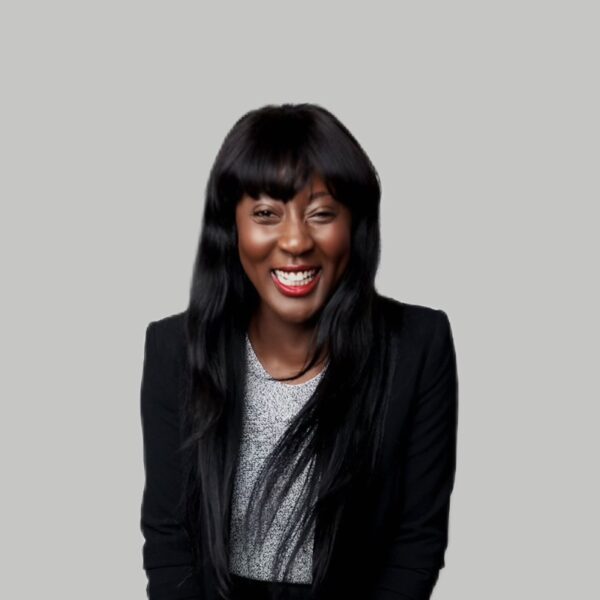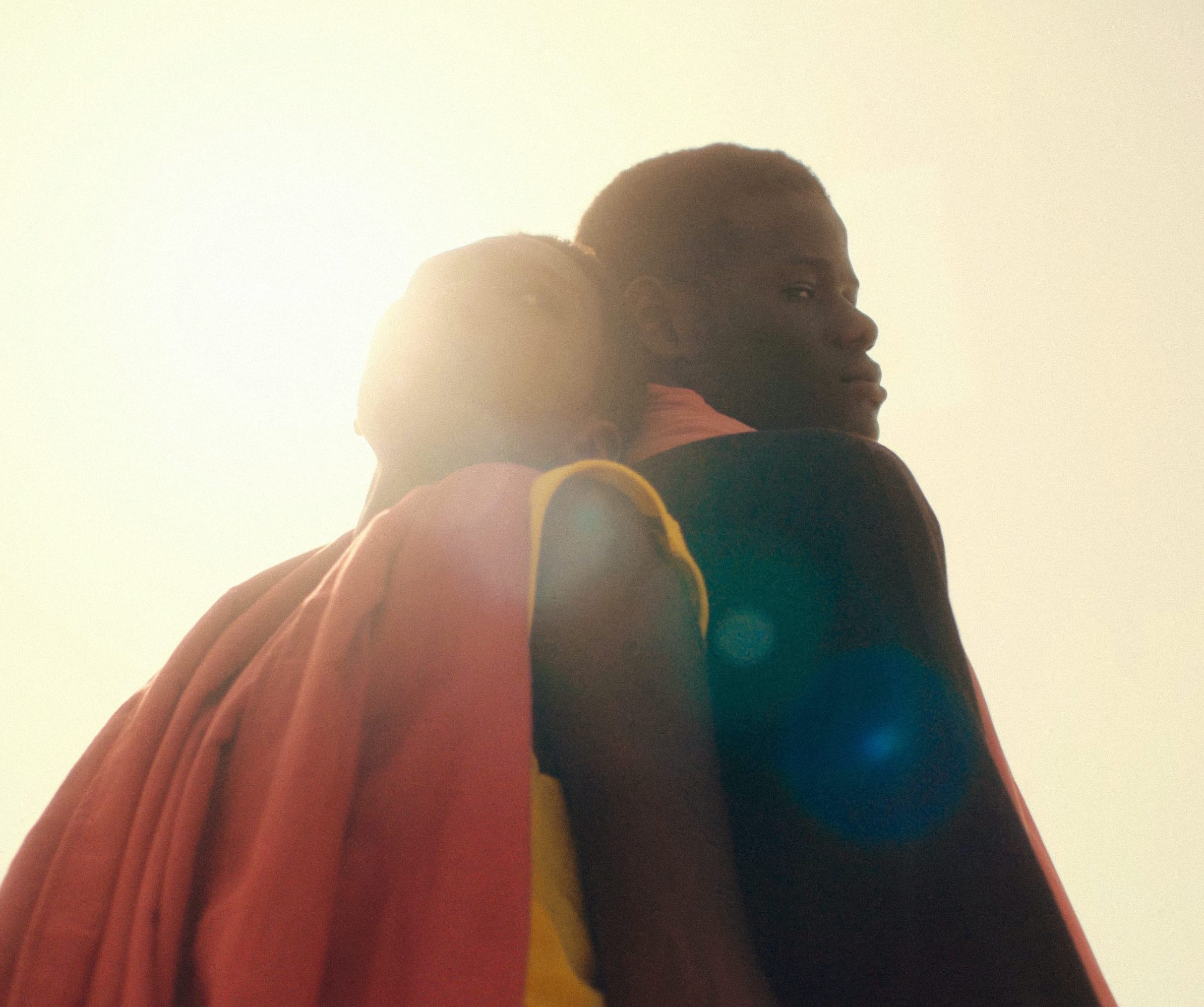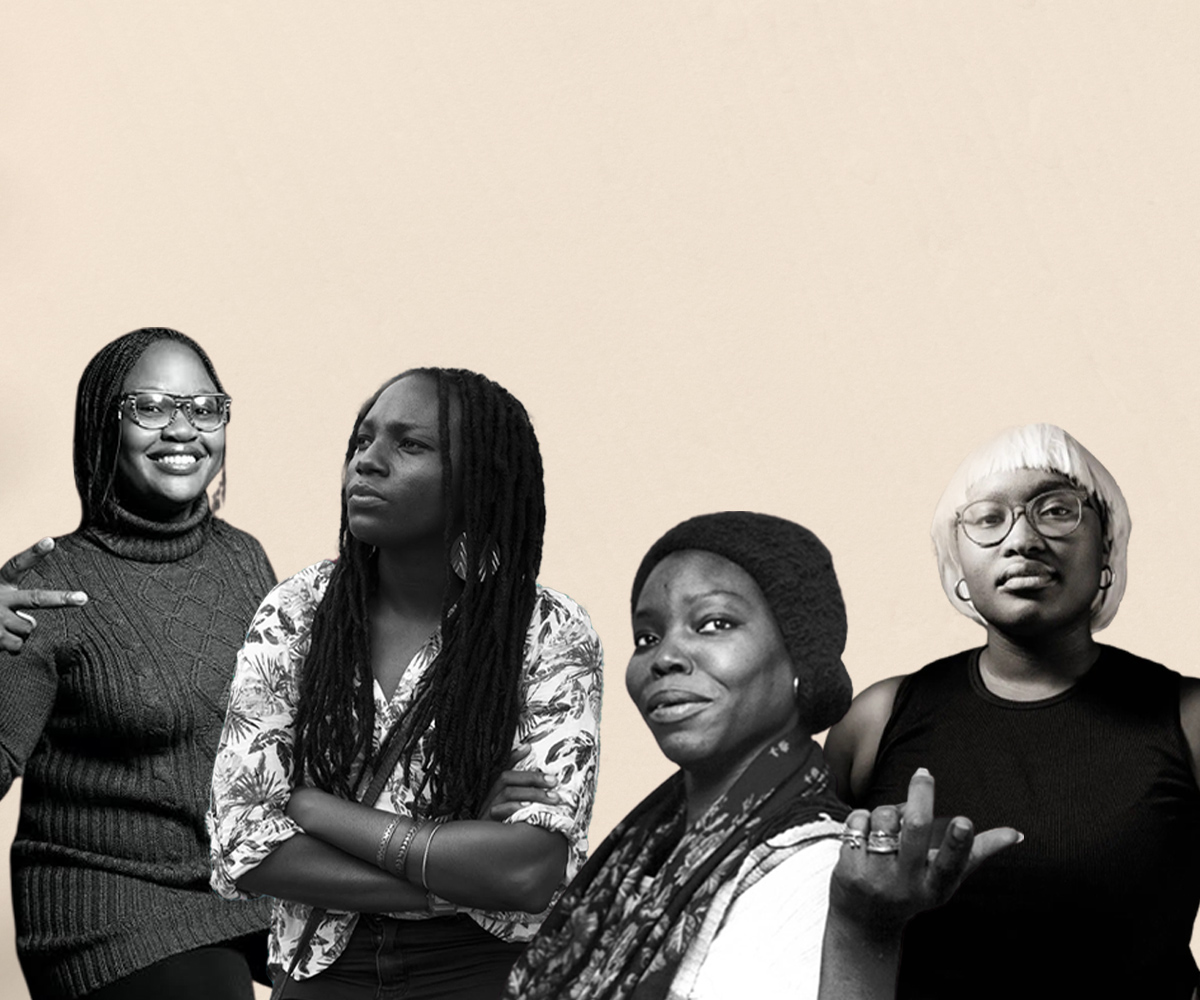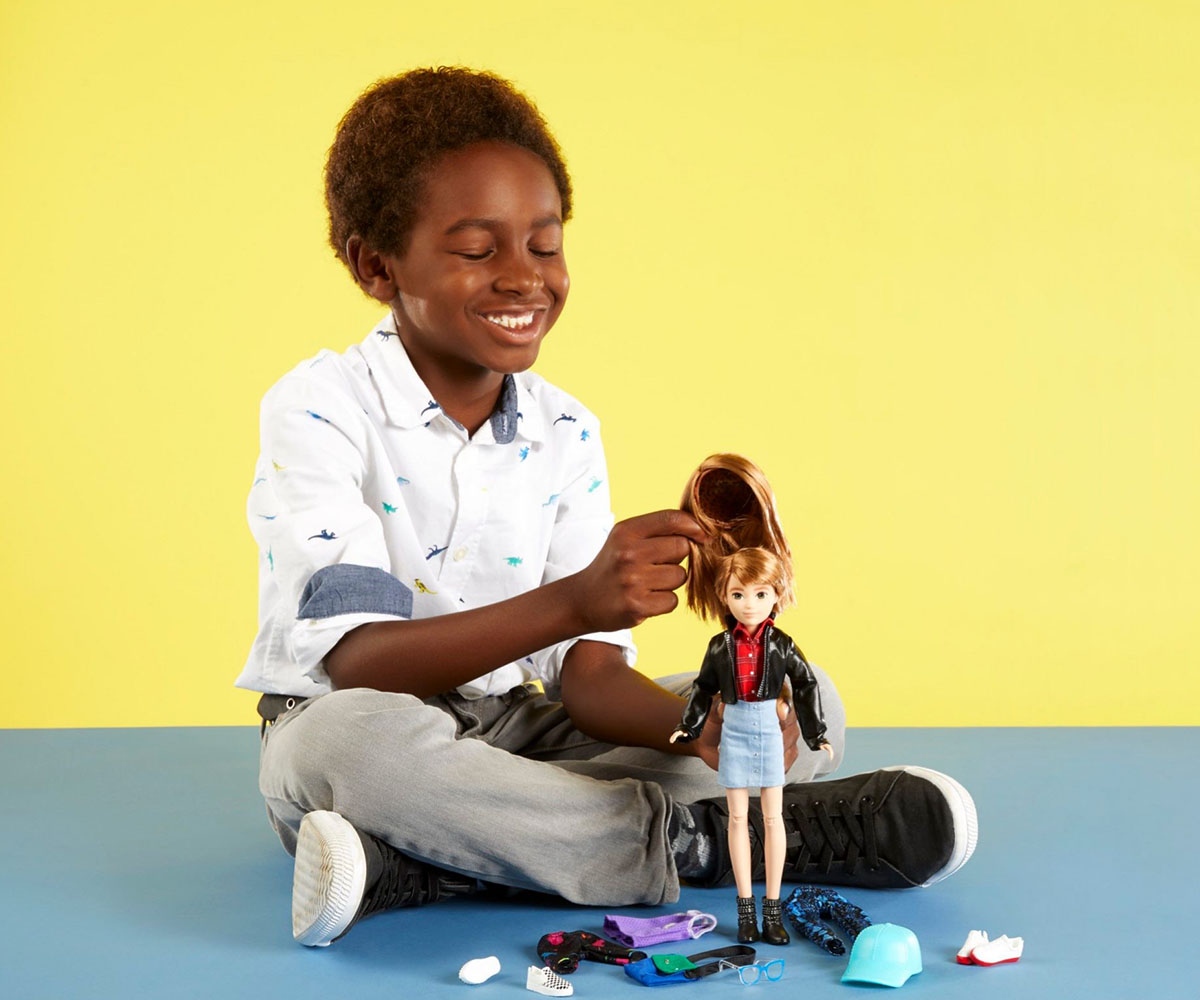
Film & TV
Ellie Foumbi Wants Africans To Tell Stories On Their Terms

Our Father, the Devil explores the effects of violence on children in the Cameroonian director’s new psychological thriller
By Jerry Chiemeke
September 2023
Our Father, the Devil asks – is repentance possible? Ellie Foumbi reunites a woman scarred by unspeakable tragedy with the very man responsible for it. Ultimately, Foumbi grapples with the notion (choice) of devout forgiveness, in contrast to being given the perfect opportunity for revenge through what could be argued is divine intervention itself.
With an MFA in Directing from Columbia University’s School of the Arts, Foumbi took her first directorial swings with shorts like Zenith (2017) and No Traveler Returns (2019), which caught the attention of the creators of the BET anthology series Tales, and they invited her to direct an episode.
“The director had seen a short of mine that he loved, but I hadn’t directed a feature, and it’s difficult to get an episode of television without a feature. I was in LA about to start doing a lab when they asked me to meet with the network. I didn’t realize that I was being considered, and I was shocked when they said they would hire me to do the episode. There was a lot of fear going into that episode because it was so sudden,” she tells STATEMENT.
Foumbi’s time at BET was transformative for developing her confidence. She immediately began working on her directorial debut, Our Father, the Devil, which has drawn out all the plaudits. The psychological thriller, which premiered at the 2021 Venice Film Festival, follows the story of Marie (Babetida Sadjo), an African refugee who leads a quiet life in a small French town, but who is reminded of her dark past by the emergence of the charismatic Father Patrick (Souleymane Sy Savane). Described as “stirring” and “a tour de force”, the film has received several awards, including Best Feature Narrative at the 2022 Indie Memphis Film Festival and the Grand Jury Prize at the 2022 Heartland Film Festival.
STATEMENT spoke to Foumbi about her filmmaking journey, the influence of Nollywood on African cinema, and future prospects for Black filmmakers.
This interview has been edited for length and clarity.
STATEMENT: You strongly identify as Cameroonian. How would you describe filmmaking back home? What do you think can be improved, and how can Africa export storytelling in a more expansive way?
Foumbi: We don’t have the resources that we need. I think the infrastructure just isn’t available; people are finding ways to put out work in the manner they know best, but there is a considerable gap as far as funding is concerned. From a national perspective, we still have ways to go, and I would love to be part of that wave of filmmakers that helps to put the spotlight back on filmmaking.
Nollywood has also been a model for many African filmmakers. When you have an industry on the continent that has grown and has had the impact that Nollywood has had, in your mind, it becomes less of a pipedream and more of a possibility. We need to keep creating more structures like that, which let African filmmakers know that no matter where you are, there is a model of success that you can follow.
What inspired the screenplay of Our Father The Devil?
My dad did a lot of work in Africa, particularly in Rwanda. When he was there, one of his colleagues got me to make contact with a survivor of the (1994) Genocide. As he shared his lived experiences, those were some of the things I became interested in. I wanted to explore the perspective of child soldiers who get caught up in conflicts of this nature. When I started researching, I found that all the movies were about the conflict and very little about the aftermath. I also wanted to explore this concept of redemption because, in my research on child soldiers, one of the biggest hurdles in their healing process is their shame. A lot of these kids don’t know what they are doing. They are roped into violence, watch their families being murdered, and must do the same to stay alive. It’s a vicious cycle.
The lead actors in this film – Babetida Sadjo and Souleymane Sy Savane – have received praise for their performances, and deservedly so. Sadjo, in particular, brought an edgy dimension to the character of Marie. What influenced your casting choices?
I just follow my gut. In 2015, Souleymane (Sy Savane) and I were in a film together. I felt he was excellent, and I was surprised he wasn’t doing more. Meeting him actually inspired me to write this role for him. A year earlier, a friend of mine had been in a film with Babetida (Sadjo) called ‘Wasteland.’ He had sent me the trailer for the film, and her face completely transfixed me. However, I didn’t connect with her until 2019, and I hoped she would accept the script because if she had turned it down, I had no idea who else would have taken on that role. Thankfully, she loved the story and said she knew what to do with the character.
Would you say that for African filmmakers, things that play out in the home continent influence the kinds of stories we tell?
It’s part of our subconscious framework, how we view the world. Still, part of the reason I made ‘Our Father, the Devil’ is because I felt that African filmmakers are placed in some sort of box, and I think that what this film does is step out of that: we’re doing a different facet of a character. The stories about illegal migration are valid, but they are tired. We have other stories to tell. I think that African filmmakers have to push back against those tropes. When it comes to issuing grants in Europe, the stories that reinforce those stereotypes tend to be rewarded. They (European financiers) need to ask themselves why they do not want to see other kinds of stories.
You are the 2nd Black female director to feature at Venice. What would you say about the opportunities for Black women filmmakers? Are there still glass ceilings to be broken? Are there opportunities for collaboration?
A whole wave of women are killing it out there: Alice Diop, Chinonye Chukwu, Mariama Diallo, Ekwa Msangi and Nana (Mensah), among others. However, there’s still much to be done in terms of access. For every ten white filmmakers who enter the door, you only find one Black person in the room. Beyond that, I have had several discussions with Black women filmmakers about their respective journeys, and there is still a certain expectation about the kinds of stories that Black filmmakers should tell. I am curious about the opportunities made available for Black women filmmakers and what they are being ‘allowed’ or encouraged to make. We should have free rein to tell whatever type of story we want, especially since it will still be told through the lens of our Blackness.
Our Father, the Devil is currently screening at select theaters across the U.S.


